‘It strips your humanity’: Civil servant wins six-figure sum over ‘insidious’ Ministry of Justice racism
Exclusive: Former civil servant Olivea Ebanks awarded compensation after bringing legal proceedings over racism three times in 20 years
Your support helps us to tell the story
From reproductive rights to climate change to Big Tech, The Independent is on the ground when the story is developing. Whether it's investigating the financials of Elon Musk's pro-Trump PAC or producing our latest documentary, 'The A Word', which shines a light on the American women fighting for reproductive rights, we know how important it is to parse out the facts from the messaging.
At such a critical moment in US history, we need reporters on the ground. Your donation allows us to keep sending journalists to speak to both sides of the story.
The Independent is trusted by Americans across the entire political spectrum. And unlike many other quality news outlets, we choose not to lock Americans out of our reporting and analysis with paywalls. We believe quality journalism should be available to everyone, paid for by those who can afford it.
Your support makes all the difference.A former civil servant received a six-figure pay-out from the government over discrimination after she says was subjected to “insidious” racism during a 20-year battle with the Ministry of Justice.
Olivea Ebanks, 58, worked at the ministry for almost 20 years and took it to court three times; in 2008, 2011 and finally in 2020 for cases respectively won, lost and settled, The Independent can reveal.
During that time, an internal investigation within the prison service found there was scope for institutional racism yet the ministry has denied such issues plague the department.
Ms Ebanks claims she was called racially insulting names by a manager, prevented from progressing her career and had her out-of-work activities monitored. She says she was also accused of bringing the ministry into disrepute for writing a book about her life and experiences of prejudice in the prisons service.
Feeling unable to leave the job due to financial pressures and the need to care for her ill mother, Ms Ebanks said working in an “abusive” environment led to her physical and mental health suffering.
In an exclusive interview with The Independent, Ms Ebanks said: “Each time I decided to go to court, I have lost something significant in my life. The first time I went to court, I lost my good mental health. It was the first time in my life I had ever been diagnosed with depression.
“The second time I decided to go to court, I lost my marriage and the third time, I lost my job.”
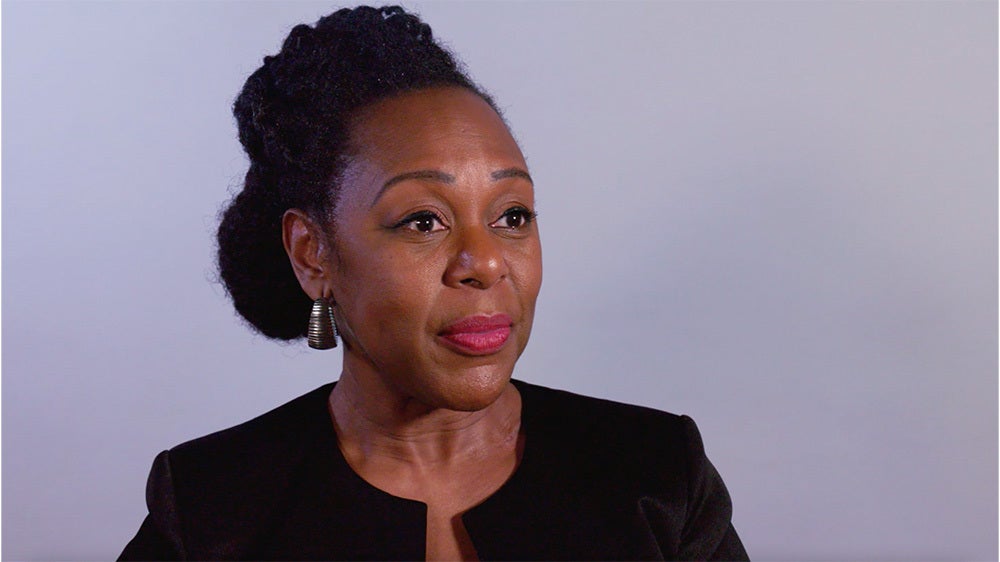
In the 2008 case, Ms Ebanks alleges managers blocked access to career-enhancing opportunities and training open to colleagues.
She says her work was unfairly scrutinised and managers began to “constantly” pick at her work, and claims her concerns about this were routinely dismissed.
“I didn’t immediately think it was racism - more professional jealousy,” Ms Ebanks explained. “However, one day after asking her manager why she’s being treated differently to other members of the team during a meeting, she was shocked when the reply was: “are you accusing me of racism?”
An internal probe, which pointed towards institutional racism within the MOJ, was triggered soon after.
Ms Ebanks eventually moved to another area of the department where she continued to encounter similar problems.
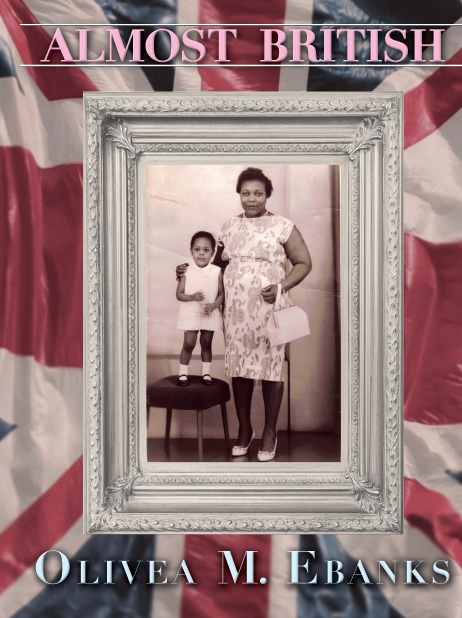
After receiving damages from an employment tribunal court in 2008, she decided to write a book about her experiences - she says with her managers’ blessing. Almost British was released in 2010 and endorsed by Baroness Doreen Lawrence who wrote a favourable blurb expressing hopes that it will result in institutional transformation within the civil service.
But Ms Ebanks found herself the centre of investigation and suspended from work for “bringing the organisation into disrepute”.
She claims the government banned her from marketing the memoir, which formed the basis of her second tribunal case that she lost in 2011.
Ms Ebanks descended into various spells of sick leave for work-related stress which eventually resulted in her receiving a written warning for poor attendance.
In the years that followed the former civil servant claims she was called racially offensive names by senior staff and was subject to privacy breaches, alleging her out-of-work activities following global Black Lives Matter protests was monitored.
Ms Ebanks says she complained about the incidents numerous times but claims she was ignored.
She resigned in June 2020 after the “situation became intolerable” and then began her third case against the ministry which was settled last year.
Over two decades of service, Ms Ebanks says she applied for upward of 40 promotions without any success and experienced a manager refusing to provide essential backing for a senior role because she “couldn’t see” Ms Ebanks thriving in such a position.
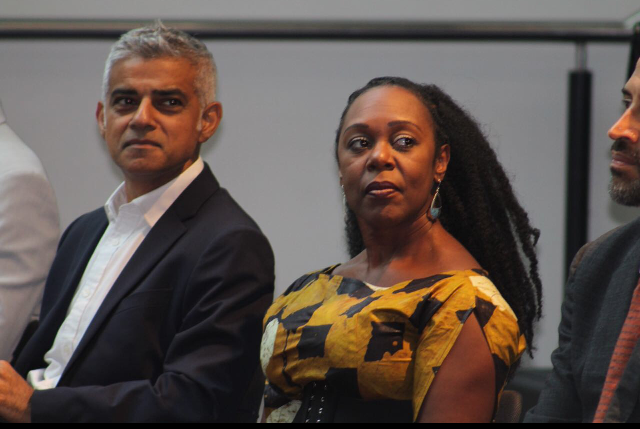
Prior to joining the ministry, she had 20 years of experience as a learning specialist and was awarded national accolades for her work.
Reflecting on her ordeal Ms Ebanks described it as “exhausting” and said she suffered loss of appetite, insomnia and panic attacks.
“I rarely felt well for nearly two decades,” she said. “At one point in 2020 I actually said to those closest to me that I felt like I was dying and I wasn’t exaggerating. With the accumulation of illnesses, my body and mind were breaking down and I started to feel so unwell that I had to keep going back to the doctor.
“But every day you still had to wake up and brace yourself for another day of abuse.
“As a Black person, you complain to a manager - who has no understanding of racism.
“They then say there’s no merit to your complaint. You unpick their reasoning and appeal, and then your manager’s manager will then tell you - the only person who’s experienced the racism that what you experienced was not racism. It’s torture without the bruising.”
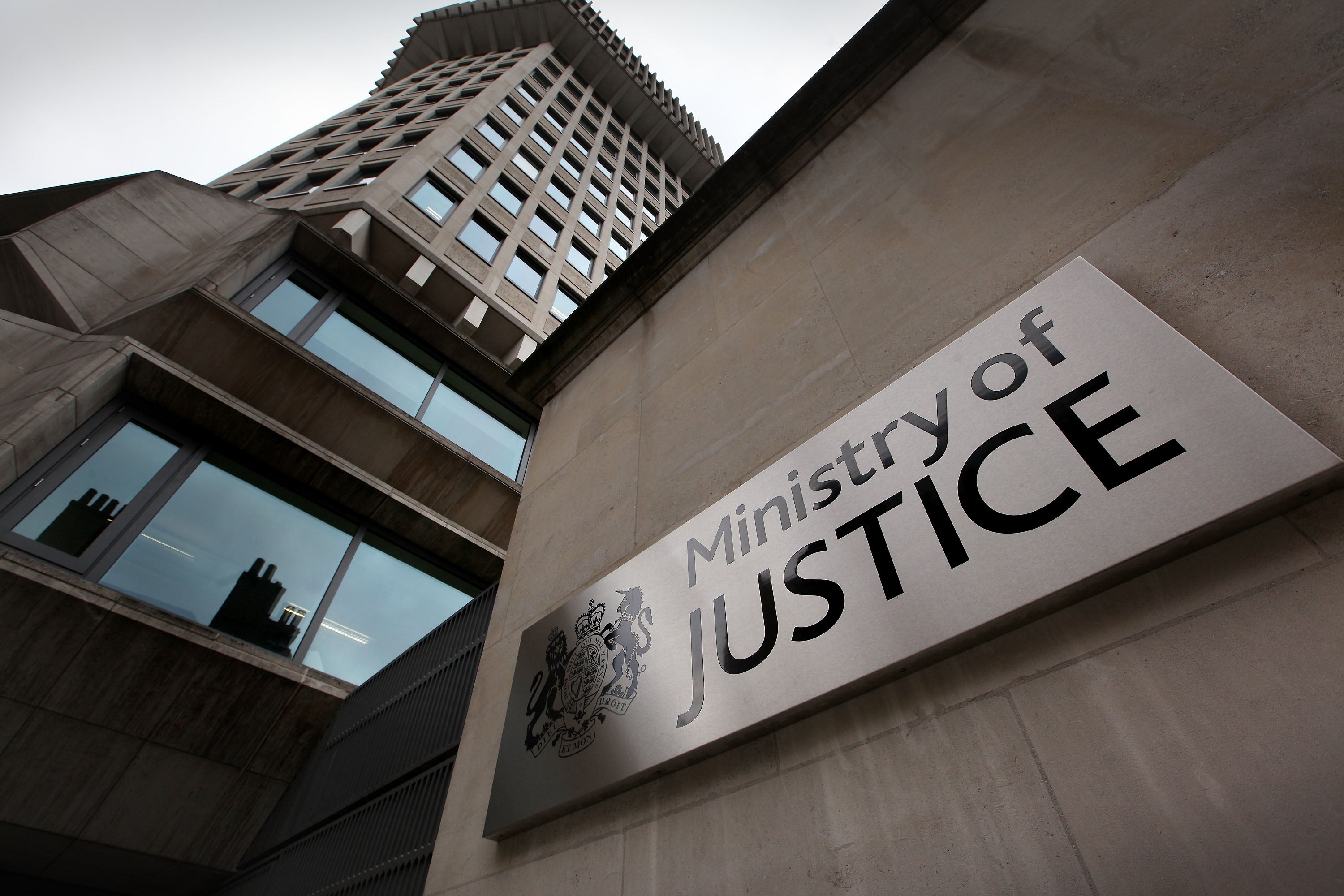
“Nearly two decades is a lot of my life to have been abused for and people ask ‘well why did you stay?’” she explained.
“The answer to that question is, it’s like living on a really bad estate where you’ve got limited resources and can’t get out from where you are.”
“My circumstances precluded me being able to just leave if I wanted my pension. We were in recession when I started and so jobs weren’t really easy to find.
“My mother was terminally ill, and I wanted to make sure that I could provide for her and so it was important to maintain my living. I felt very trapped and that was one of the reasons I stayed for so long.”
Ms Ebanks’ experiences echo accounts from other former civil servants, such as ex-Cabinet Office staff member Kay Badu, who have highlighted experiences of racial discrimination in Whitehall.
Mr Badu received a six-figure sum from the government over racism claims last year.
It comes as fresh figures from the Institute for Government thinktank recently revealed the civil service is failing on diversity from top to bottom of the organisation.
Ms Ebanks describes racism within the civil service as being “insidious”.
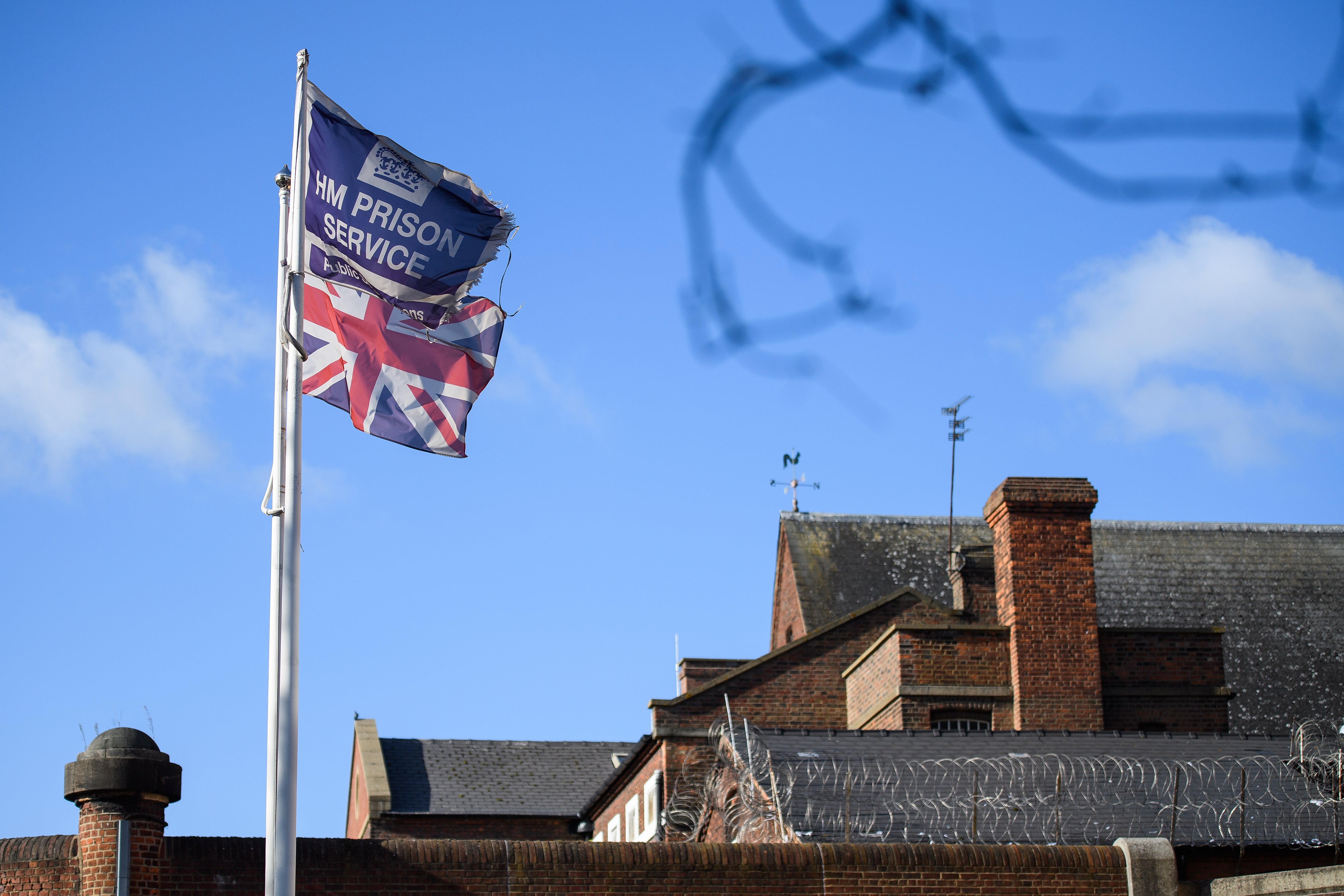
“It’s this daily stripping away of your humanity and capacity so that, at the end, you genuinely feel that you’re worthless,” Ms Ebanks explained. “You question yourself; you triple check your work and can’t see any value in anything that you’re doing.
“Your intelligence is constantly under scrutiny, your demeanor is constantly being commented on - and even the clothes you wear is brought into conversations. I would never recommend that anybody works in the civil service.”
Reflecting on the outcome of her workplace ordeal, Ms Ebanks said: “I don’t feel that justice has been served. Not when I have lost my job over it and spent nearly 20 years being racially abused and traumatised, let down and unfairly scrutinised,” she said.
“Justice is about everyone getting what they deserve. It is about equity, fairness and a rebalancing of the scales.”
A Ministry of Justice spokesperson said: “We have a zero tolerance approach to discrimination of any sort. All allegations are investigated fully and action taken where necessary.”
If you have been affected by this story or would like to discuss racism in the civil service, please contact nadine.white@independent.co.uk

Join our commenting forum
Join thought-provoking conversations, follow other Independent readers and see their replies
Comments